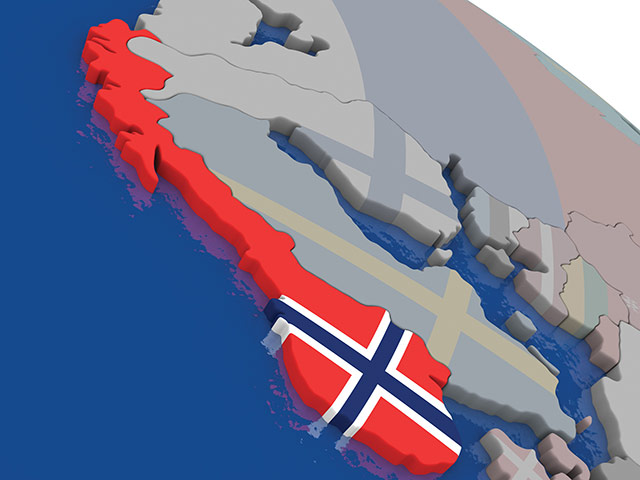The Norway model
 agendaNi outlines the advantages and disadvantages Norway has enjoyed outside of the European Union.
agendaNi outlines the advantages and disadvantages Norway has enjoyed outside of the European Union.
In the early 1990s Norway, along with Sweden and Iceland, negotiated entry into the European Economic Area (EEA) as a pre-cursor to joining the European Union (EU). That move was rejected by the electorate by referendum in 1994 and since then they have been using their EEA membership to shape the best conditions for EU-relations for their local economy.
A major factor in Norway’s EEA status is that the majority of its economy has access to the Single Market, apart from its agriculture and fisheries sector. For access to the Single Market, Norway is required to follow most EU rules, including product standards, financial regulations, employment regulations, accepting free movement of people and contributing financially to EU spending. However, without full EU membership, Norway forfeits power to vote or veto EU legislation and while the country has been granted participation rights on several of the EU’s programmes and bodies, it has no voting rights.
Norway sits outside the EU’s Customs Union for all goods, meaning that all trade in goods between Norway and the EU must undergo customs procedures, including companies proving the origin of components within their exports. The country can enjoy preferential rates, providing that exporters can prove products were made within the EEA or fit over 500 product-specific rules. As Norway is excluded from the EU’s external trade agreement, currently covering 53 markets, it is free to conclude its own trade and investment deals with countries outside the EU. To date it has negotiated 25 Free Trade Agreements (FTA), many of the within the European Free Trade Association (EFTA), made up of Norway, Switzerland, Iceland and Liechtenstein, but has not yet negotiated deals with some of the world’s larger economies such as the USA and China.
In 2001 Norway chose to join the 26-country Schengen border-free area (abolishing passport controls between all 26), while also accepting free movement of people from both EU and EEA countries. While its status outside the EU means that it has no vote on decisions taken over the Schengen border-free area, it does have limited voting rights on the EU Frontiers Agency and has access to System II, a data-share on suspected terrorists. With many security-related agencies such as Europol and security-related agencies such as the European Arrest Warrant, Norway has had to negotiate separate bilateral agreements and while membership of NATO gives it a close defence relationship with many EU countries, it does not have a vote in the EU’s decisions on international security issues. To date Norway has voluntarily participated in more than 90 per cent of EU sanctions, including sanctions imposed against external countries and has sent military personnel on EU defence missions.
Approximately three quarters of EU law has been applied to Norway’s domestic legislation under requirements of the EEA Agreement. Legislation in areas such as competition, property and State Aid are applied, as well as sector-specific product and service rules. Norway is also required to comply with EU legislation in areas not directly linked to the Single Market such as environmental standards, consumer protection and social policy. EEA and EU nationals moving to Norway to work or find work (6 per cent of the population are estimated to be nationals from other EU countries) are entitled to the same benefit levels as nationals. While Norway pays significant grants to poorer EU states annually and contributes to EU programmes.
The European Council is not attended by the Norwegian PM and the country is not represented in the European Parliament, European Commission and citizens have no rights to vote in EU elections or to work in EU institutions. Membership of an EEA joint committee does give it some consultation on new EU laws and representation on some Council working groups. The country retains the power to take part on decisions relating to the Schengen border-free area and can lobby Brussels to influence EU policy. Other powers it retains are limited. A Right of Reservation over application of new Single Markets has never been invoked, most likely because using it would suspend access. Norway also has the right to suspend free movement of people, however, doing so would also remove the ability of Norwegian citizens to move freely to the EU.
What EEA states don’t have:
- A veto in the European Council
- Votes in the Council of Ministers, where EU legislation is decided by national governments
- Votes in the European Parliament or MEPs
- A European Commissioner or European Commission staff
- Representatives at the European Court of Justice (ECJ)
Over 60 per cent of Norway’s exports consist of oil and gas, raw materials that do not suffer highly from Rules of Origin requirements. A more diverse economy, such as the UK’s, with an export base estimated to be made up of 23 per cent of foreign components, would feel a significantly greater financial impact for being outside the Customs Union.





